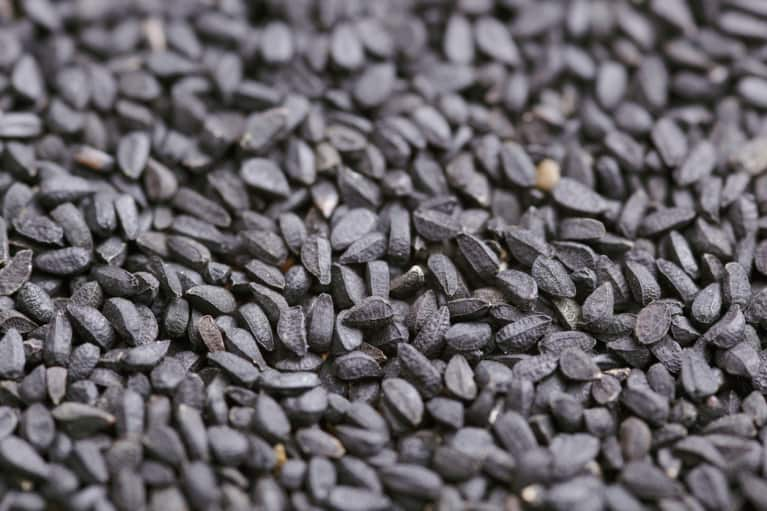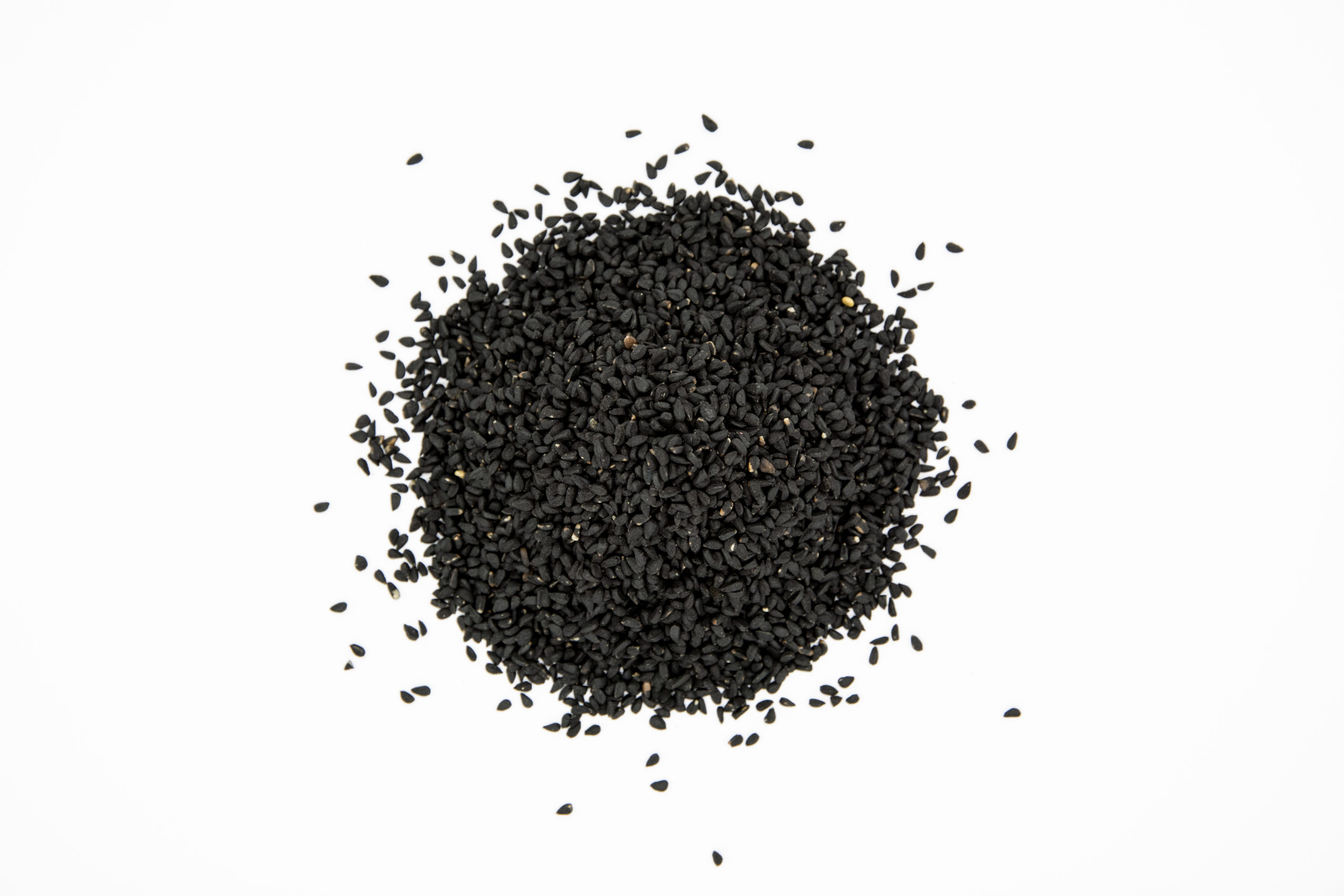

Sign in as a member for more details including dosing, side effects, and potential drug interactions with black seed oil. Black seed is the common name for the seeds of the Nigella sativa plant, which grows in southern Europe, the Middle East, and southwest Asia. pylori (a bacteria linked to gastric ulcers). Black seed is the common name for the seeds of the Nigella sativa plant, which grows in southern Europe, the Middle East, and southwest Asia. Some studies suggest that black seed oil may help eradicate H. For certain conditions, the efficacy may depend on which form is used (oil or powder). In traditional medicine, black seeds are used. They come from Nigella sativa, a small plant with pale purple, blue, or white flowers that. Black cumin or black seeds (Nigella sativa) have particularly widespread nutritional and medicinal applications.


There is also preliminary evidence that black seed oil may modestly reduce blood pressure, cholesterol and weight, and it may help with asthma as well as thyroid status in people with Hashimoto's disease. Black seeds are also known as black caraway, black cumin, kalonji, and black onion seeds. Black seed oil (from the seed of black cumin, Nigella sativa) is promoted as a healthy, alternative oil for use on salads and other foods but it tends to be more expensive than other oils, such as extra virgin olive oil and avocado oil, and has a strong taste that some people find unpleasant.Ĭlinical studies, conducted primarily in parts of Asia, suggest that black seed oil, in liquid or capsule form, as well as black seed powder, may modestly lower blood sugar levels in people with diabetes.


 0 kommentar(er)
0 kommentar(er)
